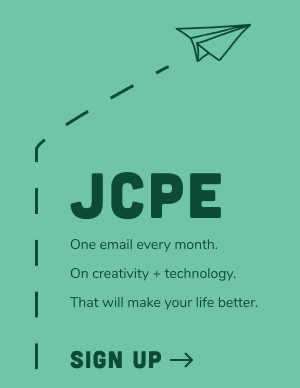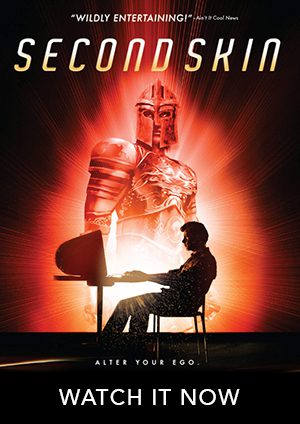RootsCamp National is an unconference that happens in Washington DC twice a year, and is for progressives who want to evoke change. In some ways it seems like a progressive technology conference. However, it was not, I just chose to go to the technology-oriented sessions. I am positive that my fellow campers will agree with me on this: at RootsCamp, you get back what you put into it. We had 2 days of sessions and each was 45 minutes long and in 12 different rooms. “The Wall,” I estimate, was about 20 feet long. There was just too much to do and everything I say here, truly, is the tip of the iceberg of the experience.
The sessions were filled with experts and I mean experts (it was in DC after all, so it is not a real surprise). These were the heads of departments of well-known progressive organizations. Blue State Digital, DNC/OFA, ActBlue, Democracy for America, Salsa, Democrats.com, Voter Activation Network, NGP, MoveOn.org, 1 Sky; you name it, they were likely represented. I thought I had a good understanding of various technologies and how they could be used for activism. I am a novice in comparison to many of these people.
The first session I attended was “Changing the World with Your Cellphone.” In that first session, we went over how text messages have a certain priority for us over phone calls or emails in that we drop everything to read a text message as soon as it is received. From there, we went over various mobile practices like text messaging tools, QR codes, and writing smartphone apps.
I was having a great time learning even more maneuvers for using technology in politics. However, while on line for a food truck for lunch, I heard a
gentleman explain how he lost his job as a science teacher in Louisiana. He explained that since Gov. Bobby Jindal refused to accept stimulus funds,
some of the budget cutbacks fell into education. Thus, many school districts replaced math and science teachers with computer programs. As he told it, the students logged onto a computer, opened the program and it went over the materials for the class as well as provided exercises and tests. It was a wakeup call to me about how for all of the technological developments our society has made, we cannot take out the human element.
The only downside to RootsCamp was that it was tailored to activists and groups with large budgets. I looked at the prices of some tools that were
being introduced, some were thousands of dollars. Coming from the Brooklyn Young Democrats, a small and young organization, such options would be out of our price range. I would have liked to find more free or low-cost solutions for many of the tasks. But, that is by no means to say that no products for groups on a slim budget were not presented. For example, one free way to send out text messages is to use Twitter and have your
membership sign up for updates via SMS – more details can be found at http://support.twitter.com/groups/34-mobile/topics/145-new-features/articles/218610-how-to-get-updates-on-your-phone-without-a-twitter-account
The last session I attended on Saturday was “Making Technology Cheaper: Free and Open Source Software.” Some representatives from Stars with Stripes explained how they have been working to merge various Drupal (a web content management system) modules (mini-programs for the CMS) into an easy-to-use right-out-of-the-box system. However, a debate about WordPress (a blogging-oriented CMS) versus Drupal ensued. Team WordPress talked about how easy-to-use it is and how it works well for the vast majority of users. Team Drupal explained that though it is not very user-friendly, it grows with the website and scaled well. (In full disclosure, I am on Team WordPress. I have used Drupal and it just was over head.) The consensus of the room, in the end, was that each program was good, but the decision on which to use is dependent on the size of the website, what its goals are, and who would be using it.
On Sunday morning, I attended a New Organizing Institute Technology Working Group meeting. We talked about the challenges we have with technology and politics. Namely, we have so much data, how can we sift through it? Also, there are so many different solutions out there and some firms are charging hand-over-fist for their products, how can we find the best solutions while using minimal resources? Well, the solution was clear that we would be working as a community and a team to solve these problems and making them as multi-faceted as possible that it can easily be adapted to a given user’s needs. Thus, those of us in attendance became the founding members of the New Organizing Institute Technology Working Group. Everyone works with these programs and data in different ways and, by collecting the most input possible, the greatest possible output can be produced. This was proof positive of the mission of RootsCamp in that everyone has some skills or experiences that are essential in making a productive plan for activism.
I would recommend that everyone tries to go to RootsCamp next year. If you cannot make it, at least, try to go to a state RootsCamp. Every second there is worth ten times as much as the money and effort it would take to attend.






